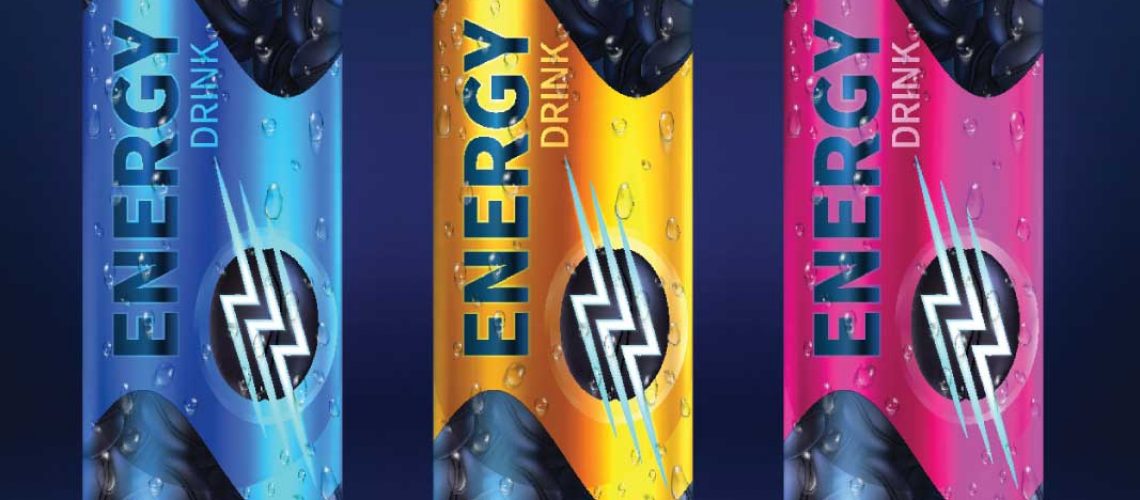As a dietitian, I often get asked how to curb the mid-day energy slump or generally how to have more energy throughout the day. The answer does not lie in a pre-workout supplement or energy drink.
Let’s break it down on why pre-workout and energy drinks aren’t the solution and how you can combat that mid-day fall-out.
What Doesn't Help
B Vitamins. Yes, B vitamins indeed play an important role in converting glucose into usable energy (ATP); however, crushing excessive amounts of b-vitamins from supplements or energy drinks is not going to give you that burst of energy. Consuming adequate calories and carbohydrates along with protein to provide those b-vitamins is the effective formula for boosting energy. Carbohydrates are the body’s preferred source of energy during exercise. Consuming a carbohydrate-rich meal before training or competition is a research-backed solution for supporting good energy levels. Want to take a deeper dive into pre-workout nutrition? Click here.
Caffeine. I know, I know. Caffeine has its place in sport performance; however, using caffeine as a crutch to get your energy levels up is a bandaid. Caffeine has been shown to increase mental alertness and concentration and enhance performance in both endurance and strength sports. If you are consuming a mostly whole foods-based diet and hitting your needed calorie and nutrient needs, caffeine can then be added into your routine. This way caffeine can shine as a performance enhancer rather than a bandaid for poor nutrition and sleep habits.
What Does Help
The #1 performance enhancer – sleep. Getting less than optimal amounts of sleep and poor quality sleep lowers your energy levels, decrease performance both physically and mentally, and increase your risk of injury. Aim to get 7-8 hours of sleep per night is a good place to start.
Eating Frequency. Eating every 3-4 hours (no more than 5 hours between meals) can help you avoid those energy drops. Meal and snack combinations that contain lean protein and fiber-rich carbohydrates can help provide sustained energy and avoid energy spikes and crashes.
Eating Enough. Avoiding significant energy deficits or energy deficits over a long duration can help maintain good energy levels. When our body’s aren’t getting the energy (calories) needed to support BOTH performance and health, we can experience poor or low energy levels as a results along with poor recovery.

